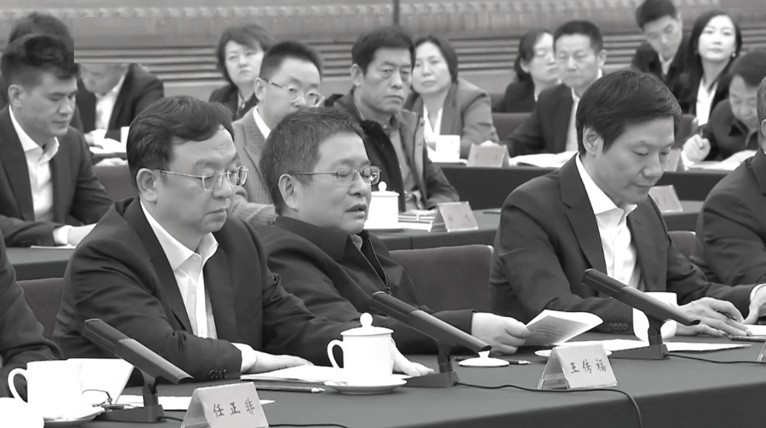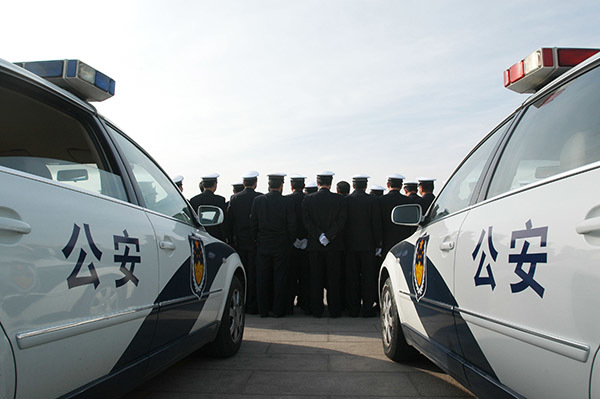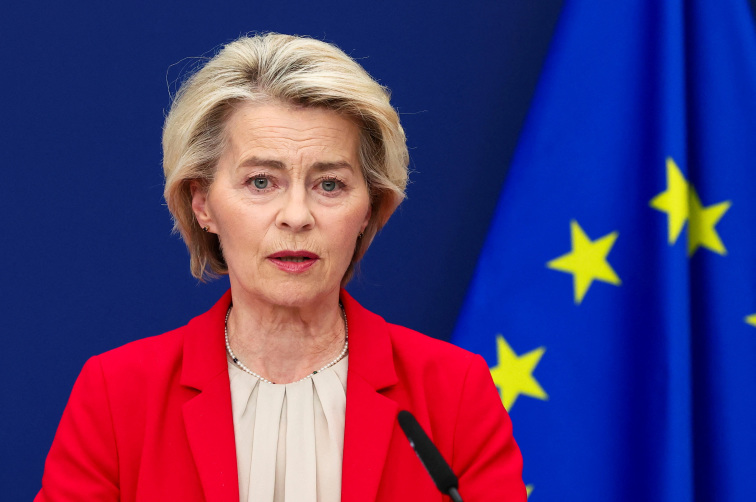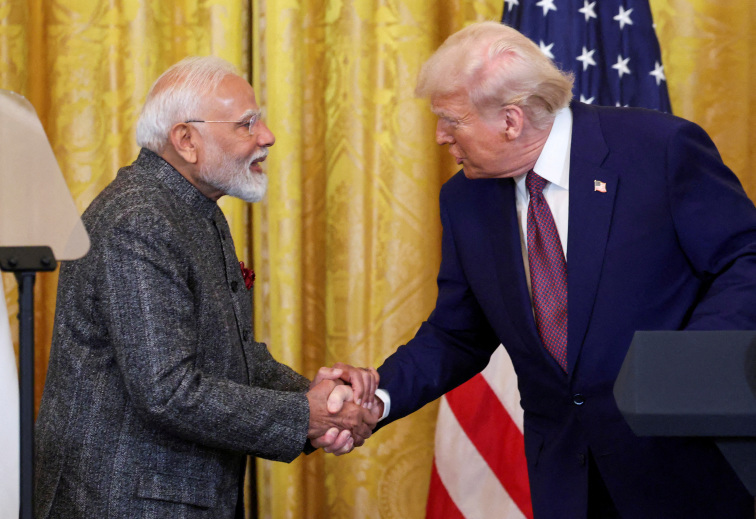On February 17, several entrepreneurs attended a CCP symposium on private enterprises. However, their expressions were grim, showing no joy despite supposedly receiving government support. (Screenshot from video)
[People News] Over the past ten months, various signals released by the Communist Party of China (CPC) have confirmed that party leader Xi Jinping has lost both military and party authority. Notably, his recent meetings with the President of Belarus and the Panchen Lama in non-core areas of Zhongnanhai have raised eyebrows, leading outsiders to speculate that his actions are being constrained.
So, aside from the high-ranking officials within the Political Bureau of the CPC Central Committee, do provincial and ministerial-level officials also recognise Xi's loss of power? According to CPC data, more than 87% of Central Committee members also hold key positions in provincial administrative regions, central ministries, or state-owned enterprises. This means that most top leaders in various provinces are also Central Committee members, making them particularly sensitive to changes in the status of CPC high-ranking officials and shifts in CPC media narratives. They may receive updates through official channels or learn insider information through private networks. Thus, they are likely to be informed.
A recent example illustrates this. From June 6 to 7, 2025, a symposium for major leaders in the Yangtze River Delta region took place in Nanjing, Jiangsu. Attendees included Chen Jining, Secretary of the Shanghai Municipal Committee, Mayor Gong Zheng, Xin Changxing, Secretary of the Jiangsu Provincial Committee, Governor Xu Kunlin, Wang Hao, Secretary of the Zhejiang Provincial Committee, Governor Liu Jie, Liang Yanshun, Secretary of the Anhui Provincial Committee, and Governor Wang Qingxian.
In June 2024, a symposium was held in Wenzhou, Zhejiang Province, attended by high-ranking officials from several provinces, although the personnel varied. The Secretary of the Zhejiang Provincial Committee, Yi Lianhong, and the Governor, Wang Hao, were present, along with the Secretary of the Anhui Provincial Committee, Han Jun, while other officials remained unchanged. The symposium in June 2023 took place in Hefei, Anhui Province, with the same attendees as in 2024.
The reports from these three years regarding the same meeting reveal some differences concerning Xi Jinping.
The 2025 report begins with the statement that the meeting aims to "deeply learn and implement the important speech spirit of Xi Jinping regarding the integrated development of the Yangtze River Delta." In contrast, the reports from 2024 and 2023 used similar wording, emphasising the need to "seriously learn and implement the important speech and significant instructions of General Secretary Xi Jinping regarding the integrated development of the Yangtze River Delta." The key difference is that the 2025 report omits the previous references to Xi's "important instructions." Does this suggest that while Xi's speech spirit can still be studied, he no longer has the authority to issue "instructions" on the integrated development of the Yangtze River Delta? If he had not lost power, such a phrasing would likely not exist.
Furthermore, all three years' reports highlighted that promoting the integrated development of the Yangtze River Delta is something that Xi Jinping has "personally planned, personally deployed, and personally promoted." The 2025 report also stated that the three provinces and one city should "work together, take practical actions, and achieve significant results in promoting integrated development" in line with the direction "guided by Xi." Regarding the development during the 14th Five-Year Plan period, the Yangtze River Delta is expected to lead in Chinese-style modernisation and continue to deeply learn and implement Xi's important speech spirit on the integrated development of the Yangtze River Delta.
In 2024, it has been stated that the three provinces and one city should keep in mind Xi Jinping's "earnest instructions," which include "adhering to the leadership of Shanghai, promoting the strengths of Jiangsu, Zhejiang, and Anhui, and deepening inter-provincial and municipal cooperation." It is also noted that the significant achievements in the integrated development of the Yangtze River Delta fundamentally depend on Xi Jinping's "navigation and steering, setting the course," as well as the "scientific guidance of Xi Jinping Thought." This type of rhetoric has been a standard feature in the Chinese Communist Party (CCP) official discourse in recent years. Furthermore, the three provinces and one city have expressed their commitment to using "Xi Thought" as a guiding principle in their future work.
In 2023, the narrative was that the three provinces and one city, "under the strong leadership of the Party Central Committee," insisted on "taking Xi Thought as guidance," and future efforts would also focus on deepening the learning and implementation of the "Xi Thought" thematic education, among other things.
The contrast is striking: this year, the top leaders of the three provinces and one city not only refrained from praising Xi but also did not mention "Xi Thought" at all. Would such behaviour be possible if Xi still wielded significant power?
The fact that provincial and ministerial-level officials are downplaying Xi suggests that the news of Xi losing power has been communicated, either in writing or verbally, to various provinces, and the senior officials in these provinces are aware of it. Would other local officials remain unaware? Perhaps the CCP is still following its usual practice of first informing internally in stages, laying the groundwork for a final revelation. △
(First published by the People News)










News magazine bootstrap themes!
I like this themes, fast loading and look profesional
Thank you Carlos!
You're welcome!
Please support me with give positive rating!
Yes Sure!